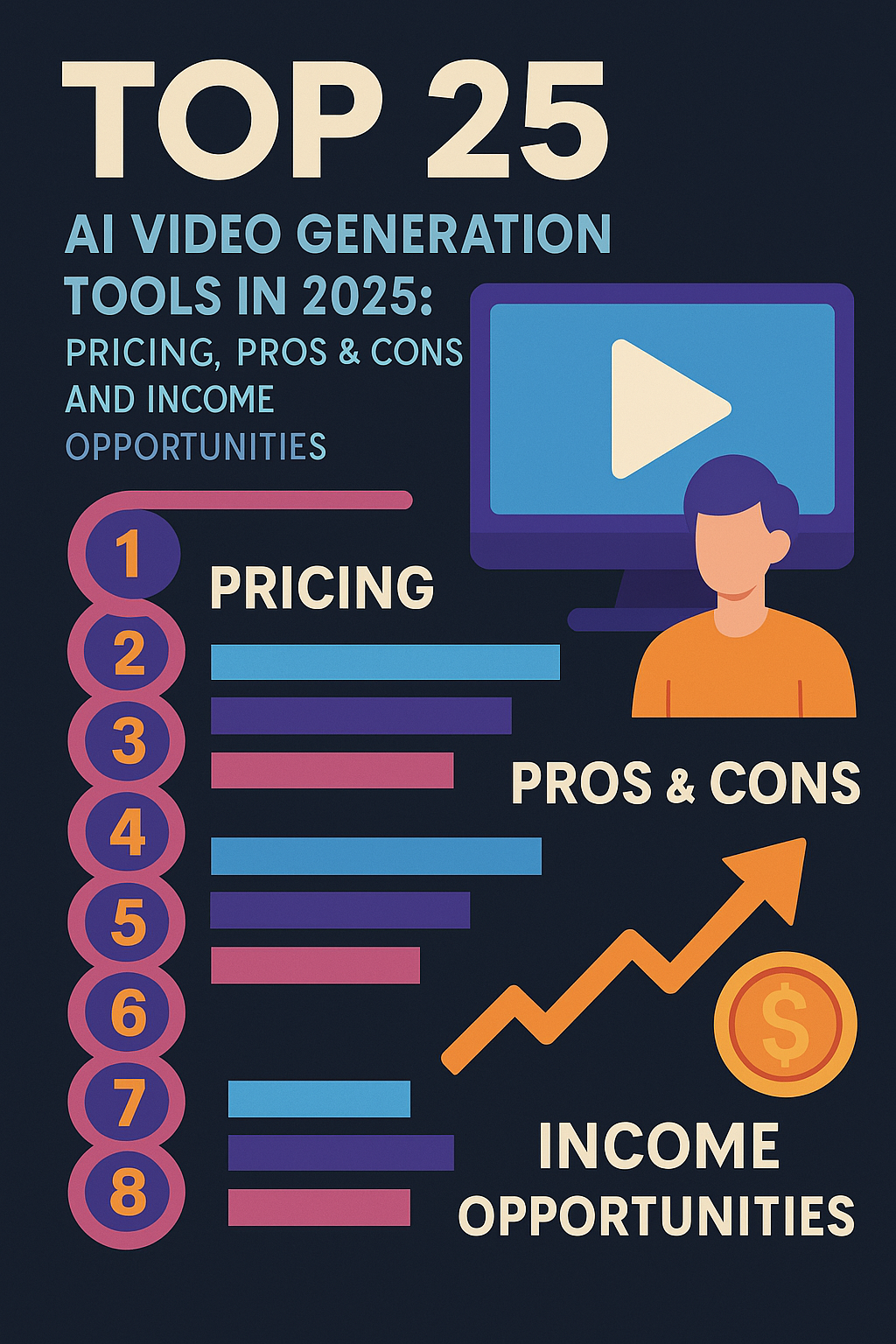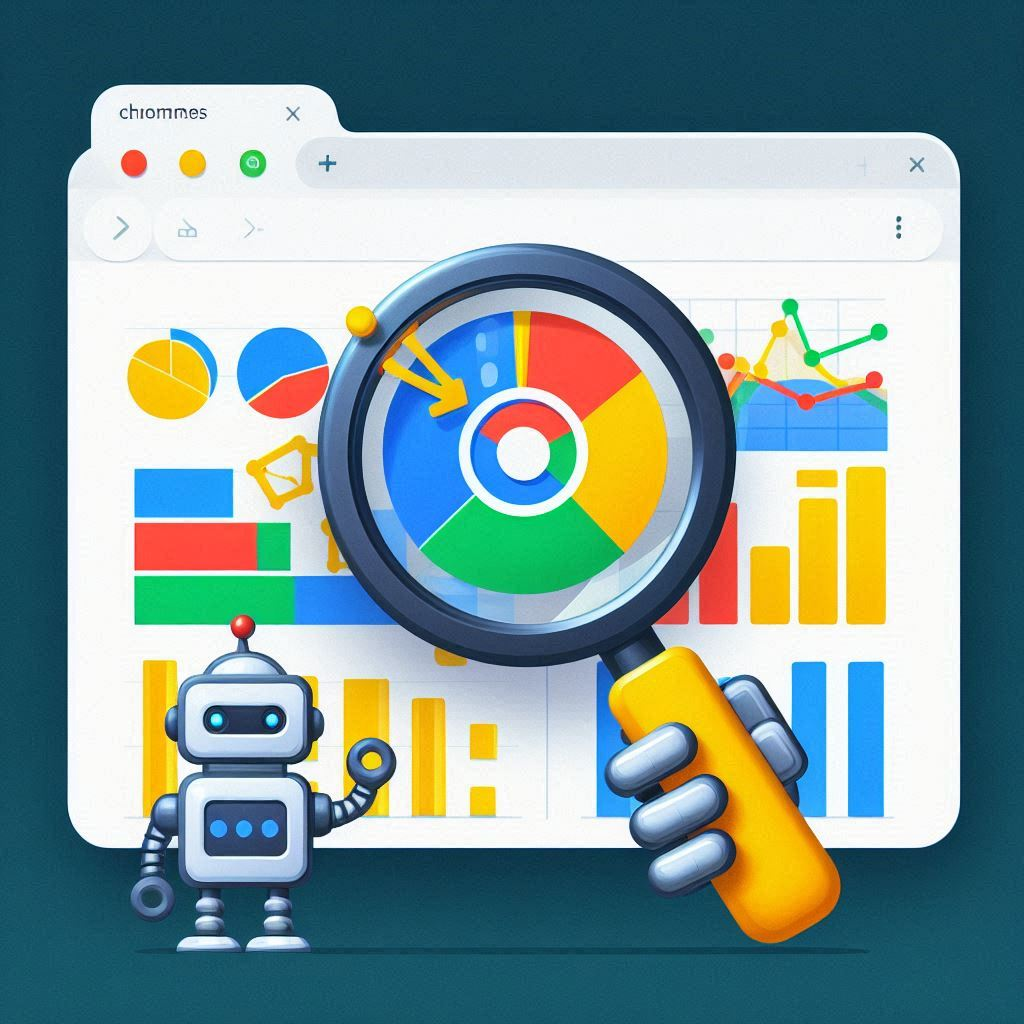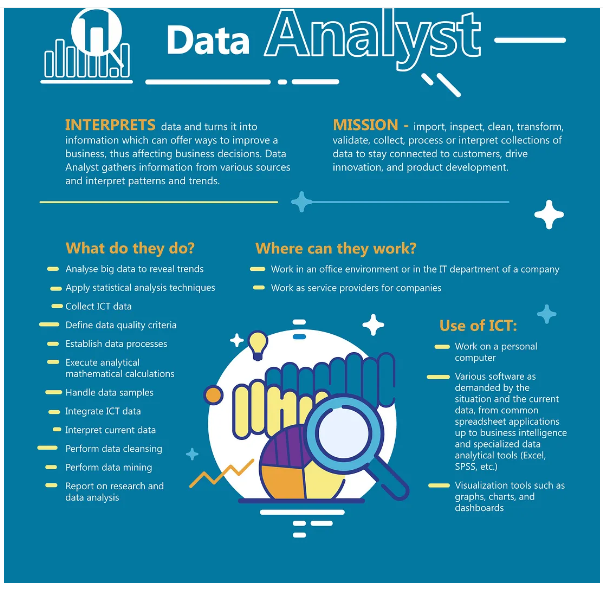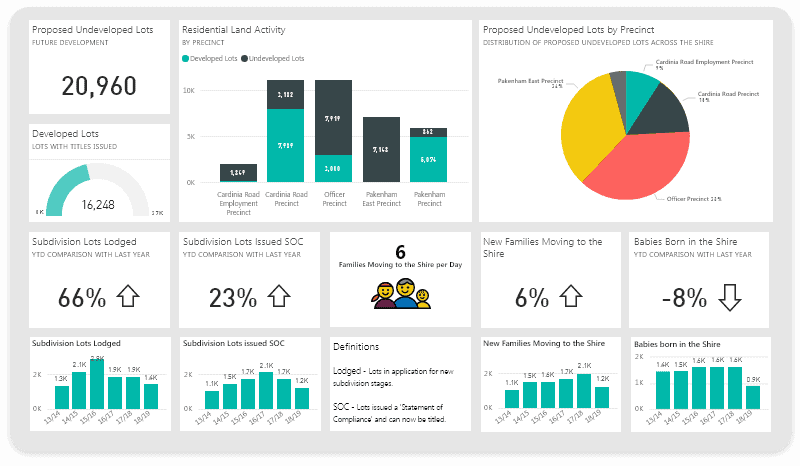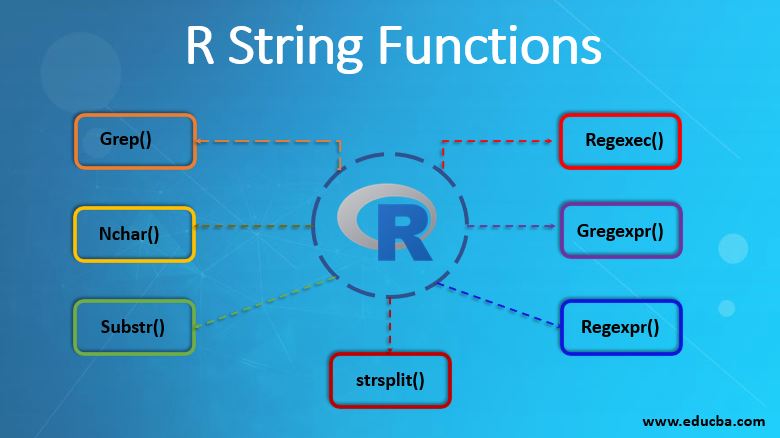
How to Start a Career with SAP in 2024: Step-by-Step Guide for Freshers
SAP (Systems, Applications, and Products in Data Processing) is a globally recognized leader in enterprise software, and building a career in SAP can be incredibly rewarding. As SAP continues to power business processes worldwide, expertise in its solutions is in high demand. If you’re a fresher aiming to start a career in SAP, here’s a step-by-step guide, including essential certifications, skills, and entry-level job options for 2024.
Step 1: Understand SAP and Its Importance
Before diving into specific SAP modules or certifications, it’s important to understand what SAP is and why it matters to companies.
- What Is SAP? SAP provides a suite of integrated applications that help manage core business processes, from accounting to supply chain management and human resources. SAP ERP (Enterprise Resource Planning) is the backbone of SAP, allowing organizations to streamline operations and make data-driven decisions.
- Importance: Many of the world’s largest companies rely on SAP to improve efficiency and integrate their systems. With skills in SAP, you’ll be well-positioned to work in industries like finance, manufacturing, retail, healthcare, and more.
Resource: Start with an overview of SAP here.
Step 2: Learn SAP Basics and Core Functional Areas
SAP offers a wide range of modules, each catering to different business needs. As a beginner, focus on understanding core modules and how they relate to specific business functions.
- Popular SAP Modules:
- SAP FI (Financial Accounting): Handles financial processes, general ledgers, and asset accounting.
- SAP MM (Materials Management): Manages procurement and inventory processes.
- SAP SD (Sales and Distribution): Manages sales orders, deliveries, and billing.
- SAP HCM (Human Capital Management): Covers HR functions such as payroll, recruitment, and employee records.
- SAP PP (Production Planning): Supports manufacturing processes and planning.
Identify your area of interest within these modules to focus on specific skills.
Resource: Explore SAP modules here.
Step 3: Register for the SAP Learning Hub
The SAP Learning Hub provides self-paced training, live sessions, and digital certifications for all experience levels. For beginners, SAP Learning Hub offers SAP Learning Journeys, guided paths to help you gain skills in specific modules.
- SAP Learning Hub: Start with free basic courses, and upgrade to paid versions as needed.
- Learning Journeys: These offer step-by-step learning paths with recommended courses, practice exams, and resources tailored to each SAP module.
Link: SAP Learning Hub
Step 4: Choose an SAP Certification
Certifications play a significant role in validating your expertise to potential employers. Here are the main certifications suitable for freshers:
1. SAP Certified Application Associate – SAP S/4HANA for Financial Accounting
- Importance: Ideal for those interested in SAP’s Financial Accounting module.
- Skills: Covers general ledger, asset accounting, and other financial processes.
- Link: SAP FI Certification
2. SAP Certified Application Associate – SAP S/4HANA Sales
- Importance: Suitable for careers in sales management and SAP SD.
- Skills: Covers sales order processing, pricing, and billing.
- Link: SAP SD Certification
3. SAP Certified Application Associate – SAP HCM
- Importance: Relevant for those interested in HR management.
- Skills: Focuses on personnel administration, organizational management, and payroll.
- Link: SAP HCM Certification
Certifications not only improve job prospects but also equip you with hands-on experience in specific SAP modules.
Step 5: Gain Hands-On Experience with SAP Systems
Practical experience is crucial in SAP. Here’s how you can get hands-on practice with real-world applications:
- SAP IDES (Internet Demonstration and Evaluation System): SAP offers access to a demo system where you can practice scenarios using real SAP modules.
- SAP Sandbox: Some training institutes provide sandbox environments where you can explore and experiment with SAP features.
If you’re taking online courses, many of them include access to SAP systems, which allows you to practice what you learn.
Step 6: Develop Complementary Skills
While SAP knowledge is critical, business analysts and consultants with SAP expertise benefit greatly from complementary skills like data analysis, business intelligence, and project management.
- Microsoft Excel: Excel remains important for data analysis and reporting.
- SQL: SQL knowledge is helpful in extracting and manipulating data within SAP.
- Project Management: Knowledge of project management frameworks like Agile can be useful, especially if you’re interested in SAP consulting roles.
Resources:
- Excel: Microsoft Excel
- SQL: SQL Basics on W3Schools
Step 7: Apply for Entry-Level SAP Roles
There are several entry-level positions available for freshers in SAP. Here are a few popular options:
- SAP Functional Consultant – Trainee
- Junior SAP Analyst
- Role: Supports data analysis, report generation, and end-user training.
- Skills Needed: Familiarity with SAP modules, Excel, and data management.
- Job Boards: Look for entry-level SAP Analyst roles on LinkedIn and Glassdoor.
- SAP Support Associate
- Role: Provides support for SAP end-users by troubleshooting and resolving issues.
- Skills Needed: Basic SAP knowledge, problem-solving skills.
- Job Boards: Check on job sites like LinkedIn and Indeed.
Step 8: Network with SAP Professionals
Building connections within the SAP community can enhance your job prospects and keep you updated on industry trends. Here are a few ways to network effectively:
- Join SAP Community: SAP has an active online community where you can connect with other learners, professionals, and SAP experts.
- Link: SAP Community
- LinkedIn: Follow SAP-focused groups and connect with SAP professionals for insights and mentorship.
- Attend Webinars and Conferences: SAP hosts various events, webinars, and meetups that offer opportunities to learn and network.
Step 9: Prepare for SAP Job Interviews
Interview preparation is key to securing an entry-level SAP position. Here’s what you can expect and how to prepare:
- Review Core Concepts: Focus on the basics of the module you specialize in (e.g., FI, MM, or SD).
- Practice Problem-Solving Scenarios: Employers may ask scenario-based questions to see how you would approach real-world SAP challenges.
- Highlight Your Certifications and Projects: If you’ve worked on any hands-on projects during training, be prepared to discuss them in detail.






















